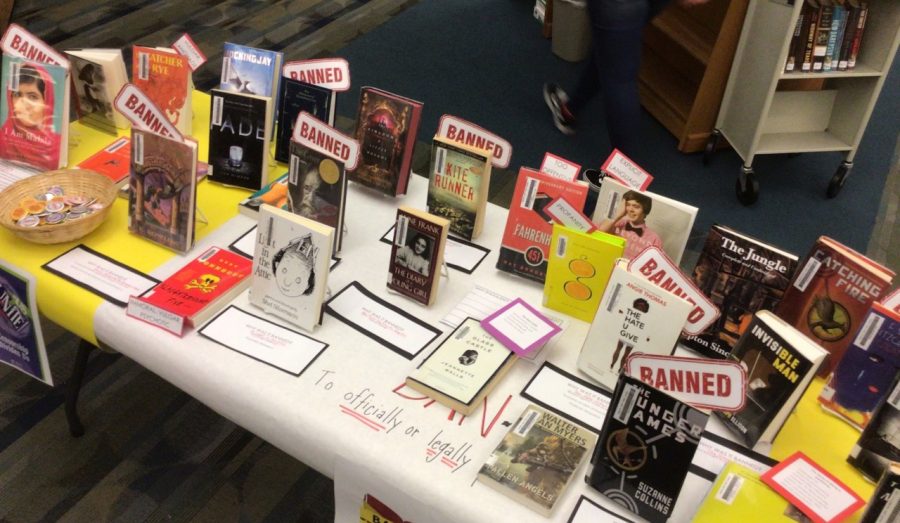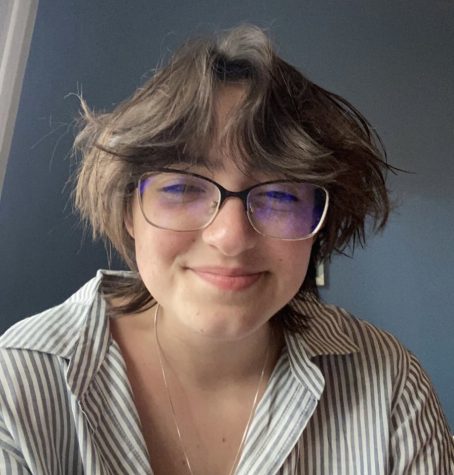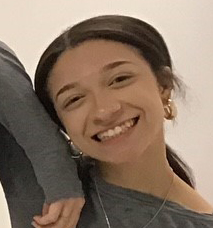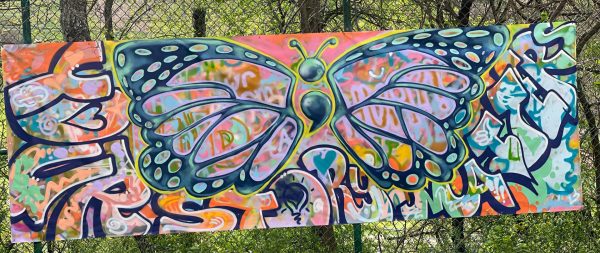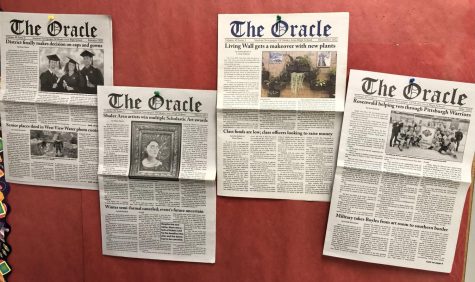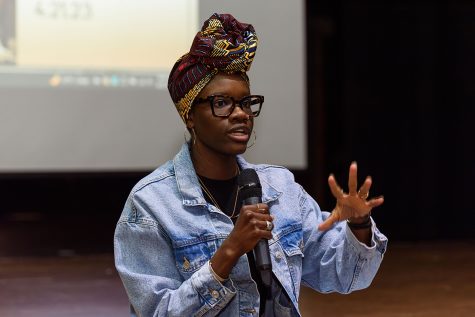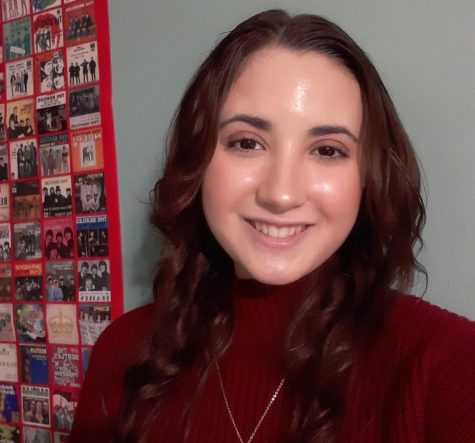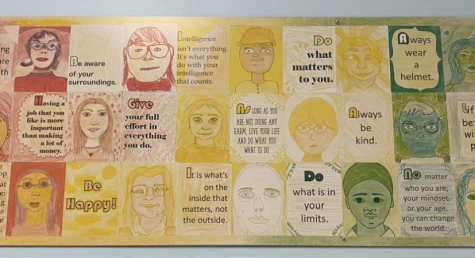Library celebrates Banned Book Week
October 12, 2021
Banned Books Week is an annual celebration and one that is promoted by librarian Ms. Kate Wilcox to open discussions about censorship. This event can be traced back as far as 1982, in response to a sudden increase in literary restrictions.
As the tradition has continued, students are able to have open and in depth-conversations about the importance of different perspectives and stories from various backgrounds. With awareness around literary censorship comes a greater appreciation for books that are and/or were viewed as inappropriate or unconventional for the student body.
“The things presented in these books are a part of life,” Ms. Wilcox said. “I understand when people challenge books it comes from a good place. They want to protect their children or they want to protect their community.”
This is a week where students can read or question books that have been banned based on content, intent, or opinion. Since Banned Books Week is meant to engage students in discussion about harsh topics like censorship in education and libraries, Ms. Wilcox is always willing to answer any questions about said banned books.
“As a librarian I need to provide all kinds of information. And all perspectives,” Ms. Wilcox explained.
Our library wants to provide students with the ability to read literature from any background, as well as be open to conversations about the literary censorship we commonly see.
Ms. Wilcox created a display at the entrance of the library of books that have been banned. The books that sat on the table each had note cards explaining why they were banned.
Any student who noticed the display would immediately realize that there are many critically-acclaimed award-winning novels that have been banned: Harry Potter, The Hunger Games, To Kill a Mockingbird, and even The Diary of Anne Frank just to name a few.
Upon further inspection, the display notes the reasons as to why these critically-acclaimed books were labelled as “inappropriate.” Harry Potter has a prevalent theme of “witchcraft,” The Hunger Games is said to contain a political viewpoint that is “biased against male students,” and to Kill a Mockingbird has “themes of rape and use of profanity and racial slurs.”
“Those are all big scary topics, but those are the topics that need to be talked about,” Ms. Wilcox said. “The target audience needs those books.”
A prime example is “Ordinary Hazards” by Nikki Grimes. This piece of literature covers many traumatic experiences that someone can go through. From a schizophrenic mother to abuse to rape to the death of a parent, Nikki’s life is filled with a roller coaster of events, some which students today have to deal with in their own lives.
The text takes a form of both poetry and a casual writing style which makes it an easy yet memorable read. It follows the life of a little girl who is taken from her mother and thrown into the world all by herself.
Although she ends up finding a way back to her mother, in a way she is still alone. As she grows into a young adult, Nikki finds a love for writing about the darkness she’s encountered and finds a way to transform her pain into something beautiful. The scary part is the book is a memoir, meaning that all of Nikki’s experiences and emotions really happened. It’s not fiction. How can Nikki Grimes’ own memoir can be blocked from being shared with young readers. This why the topic of censorship is an important discussion.
As Banned Books Week took place, Ms. Wilcox made it her mission to provide information for all students who were interested in the event.
“I have a very supportive administration and I work with a staff that is really smart.They understand the importance of the messages that these books are putting out there,” she said


